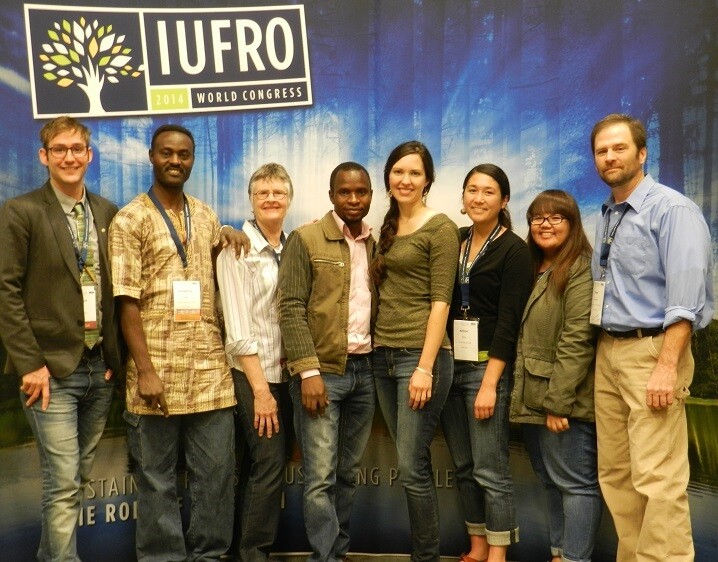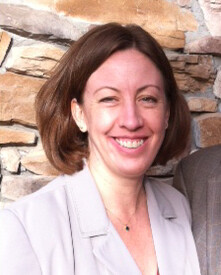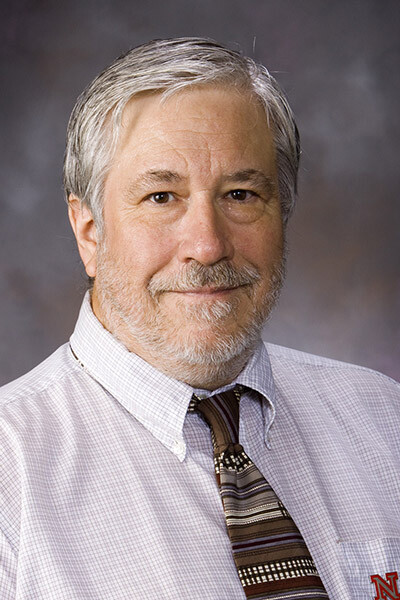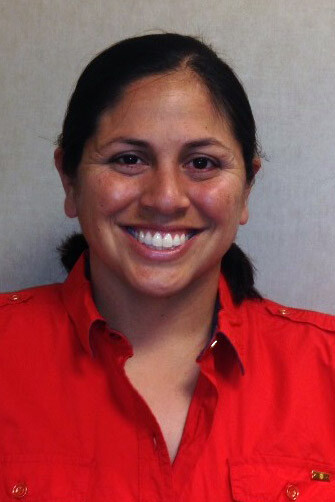
Humphrey Kalibo, geography doctoral student, recently attended the 24th International Union of Forest Research Organizations World Congress held in Salt Lake City. He was among seven official bloggers selected to cover the event’s technical sessions and sub-plenary meetings.
“The main reason for blogging is to communicate about the forest science in an engaging, interesting and captivating tone,” Kalibo said. “We covered topics ranging from forest biodiversity, forests and climate change, fire, forest-water interactions, forest health, among many others.”
Bloggers were selected based on the strength of their submitted writing sample and ability to cover more than one topic in the technical and plenary sessions. Other bloggers represented the University of Northern British Columbia, University of Pretoria, Colorado State University and University of Utah.
Kalibo wrote about the following topics:
Sustainable Management of Spruce-dominated Ecosystems in Response to Climate Change: Lessons from North America and Europe
Tracking Down Carbon in Water-Soaked Forests
How Are We Doing So Far? An Appraisal of Experiences in Implementing REDD+ Initiatives
Coastal Forests and Mangroves: What’s Their Role in Local Livelihoods?
Watching Carbon from the Skies
Can Climate Change be a Driver for Land-Use Change and Adaptive Forest Management?
Fires Work Wonders in Forested Ecosystems: Case Studies from Australia, United States, and Europe
Shut Off That Engine!!
Cogs in the Works of Ecosystem Resilience
More information on these topics can be found at http://go.unl.edu/ykpa.
The 24th World Congress was organized by IUFRO and hosted by the U.S. Department of Agriculture Forest Service in cooperation with the National Association of University Forest Resources Programs, the Society of American Foresters and the Canadian Institute of Forestry. The theme was “Sustaining Forests, Sustaining People: The Role of Research.”
“For me, it was my first time writing a blog, and doing so at such a high-powered meeting was a great honor and a valuable learning experience, especially in objective scientific communication,” Kalibo said. “I’m looking forward to the 2019 IUFRO World Congress in Curitiba, Brazil.”
IUFRO is a global nonprofit and non-governmental organization headquartered in Vienna, Austria. Founded in 1892 and operational in over 100 countries, the organization’s main objective is to promote international cooperation in forest-related research. Numerous regional meetings take place each year, but the World Congress convenes every five years.
Other recent awards and honors earned by the UNL community include:
Faculty
• Beth Lewis, an assistant professor of teaching and teacher education, has been appointed to the National Science Teachers Association’s Committee for Pre-service Science Teacher Education. Founded in 1944, the NSTA is the largest science teacher association in the world with 55,000 members. The committee meets annually at the national conference to review current policies and issues to support teacher education nationally.
Lewis, who joined UNL in 2009, coordinates the 14-month Master of Arts with emphasis in science teaching program. She has been the principal investigator of UNL’s $1.2 million National Science Foundation Robert Noyce Teacher Scholarship grant since 2012.
• Will Spaulding, professor of psychology, received the Kraepelin-Alzheimer medal in Munich, Germany, where he was an invited speaker at a symposium on schizophrenia. The award cites Spaulding’s research on the treatment and rehabilitation of schizophrenia.
Emil Kraepelin was a scientist and physician who is considered the father of modern psychiatry. He was the first to identify schizophrenia disorder. Alois Alzheimer, Kraepelin’s departmental colleague, described the brain disease that today bears his name. Spaulding was awarded the medal at a symposium in the building at the University of Munich where Kraepelin and his colleagues did their work.
Staff
• A photo featuring parasitology research of Linden E. Reid at UNL’s Cedar Point Biological Station was published in the November edition of National Geographic magazine. The photo, shot by Anand Varma, is of a amphipod (Hyalella azteca) infected by the larva of a thorny-headed worm (Pseudocorynosoma constrictum). Reid served as a research intern at Cedar Point with John Janovy, emeritus professor of biological sciences, in summer 2013. The photo (the fifth in the series) was one of 10 featuring the world of parasitic organisms.
• Leilani Madrigal, the lead sport psychology research scientist in UNL’s Nebraska Athletic Performance Laboratory, has been designated a certified consultant by the Association for Applied Sport Psychology. She has also met required AASP standards of education and training in the sport sciences and psychology.
AASP is the international professional organization for sport and exercise psychology.
This column is a regular feature of UNL Today. Faculty, staff and students can submit achievements to be considered for the column via email to achievements@unl.edu. For more information, call 402-472-8515.










